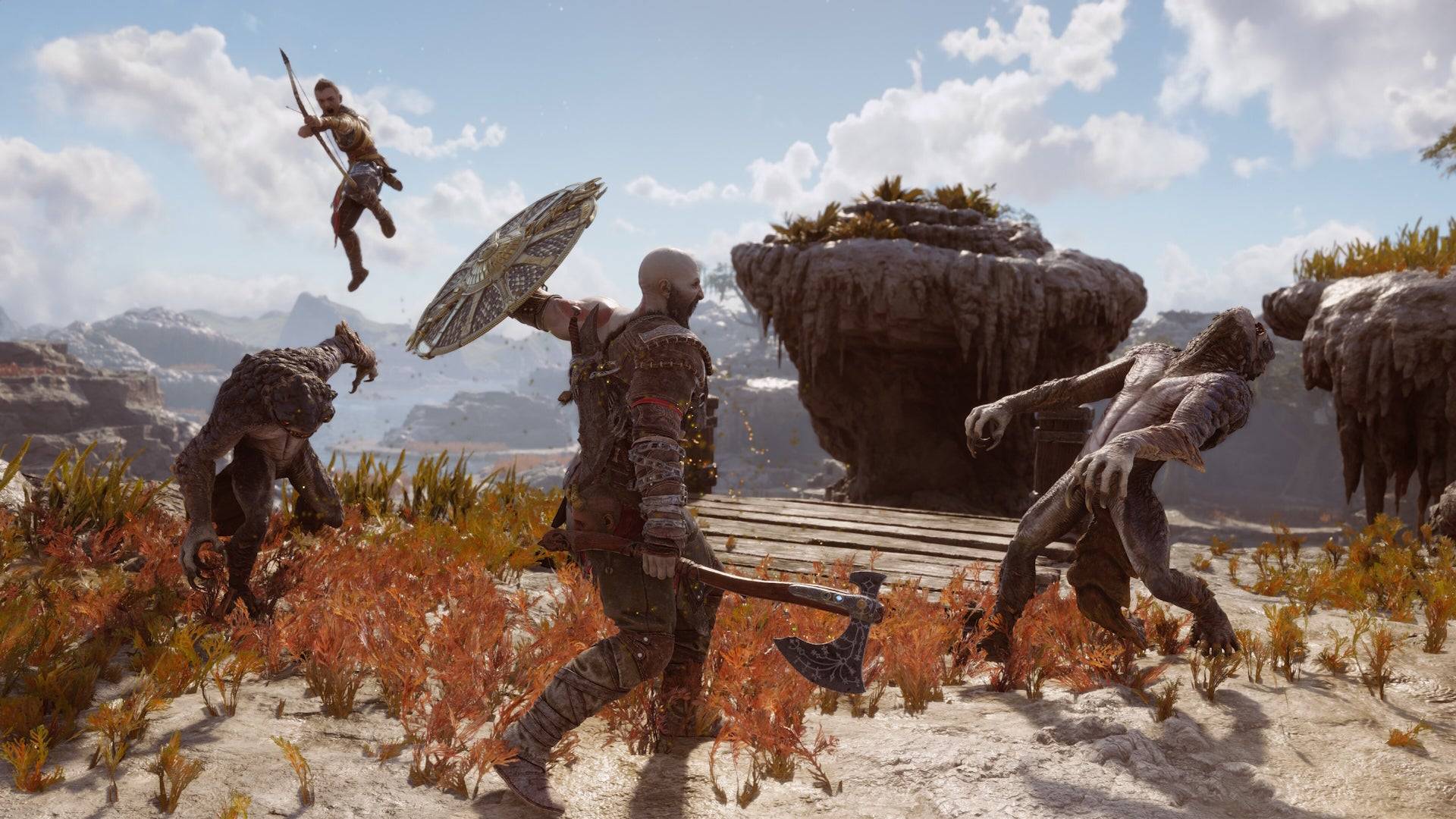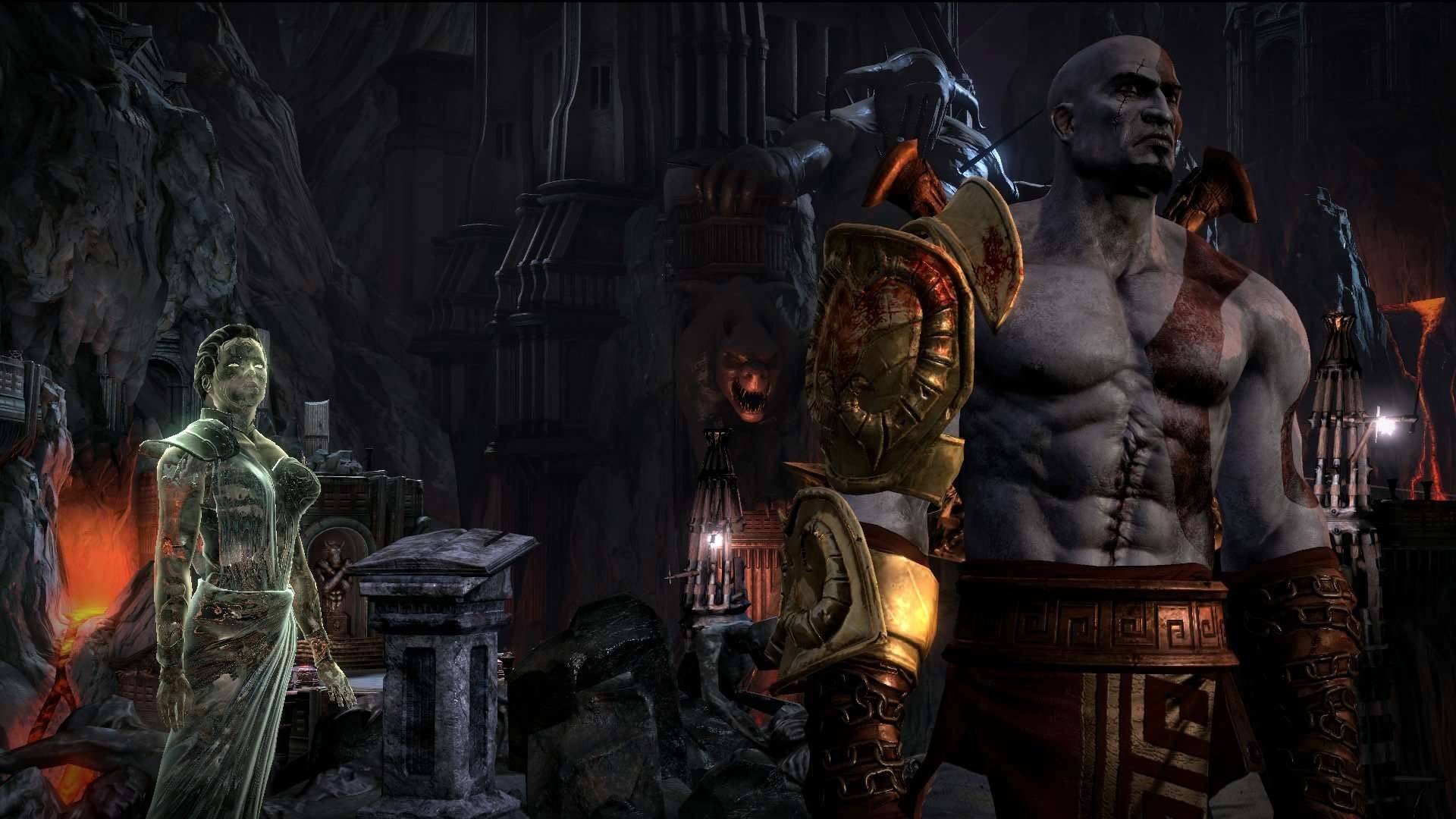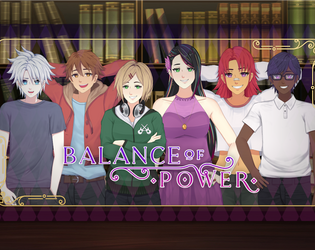The God of War series has been a PlayStation mainstay for four console generations. Kratos' vengeful journey, beginning in 2005, has defied expectations, thriving where other long-running franchises faltered. This longevity stems from a willingness to adapt. The pivotal 2018 reboot, transplanting Kratos from Ancient Greece to Norse mythology, dramatically altered presentation and gameplay, yet preserved the series' essence. Even before this acclaimed shift, developer Sony Santa Monica subtly refined the series, ensuring its continued success.
Reinvention remains crucial. Director Cory Barlog hinted at potential Egyptian or Mayan settings, and recent rumors suggest an Egyptian setting might be next. Ancient Egypt's rich culture and mythology offer compelling potential. However, a new setting is just the beginning; future God of War games must reinvent themselves, much as the Norse games built upon the successful elements of the Greek trilogy, enhancing and refining them.

The Greek trilogy, spanning a decade, progressively refined its hack-and-slash combat. God of War III, leveraging the PlayStation 3's power, featured a revamped magic system complementing melee combat and a wider array of challenging enemies. Improved camera angles showcased the game's graphical advancements.
The reboot, however, sacrificed some elements. The Greek trilogy's platforming and puzzle elements were largely absent from the Norse games due to the shift to a third-person, over-the-shoulder perspective. Puzzles remained, but were redesigned for the adventure-focused gameplay.
God of War Ragnarök's roguelike DLC, Valhalla, notably resurrected battle arenas, a feature from the original trilogy, adapting them to the Norse setting. This mirrored the narrative, with Týr inviting Kratos to confront his past. This return to Greek roots, both mechanically and narratively, brought Kratos' story full circle.
The Norse games weren't mere reinterpretations; they introduced innovations like the Leviathan Axe's throwing mechanics, a parry system enhanced by shield types, and Ragnarök's magical spear, enabling faster, explosive combat. These tools facilitated exploration across the Nine Realms, each with unique enemies and visuals.

Beyond mechanics and exploration, the Norse duology significantly evolved storytelling. Kratos' grief over his wife and his complex relationship with Atreus formed the emotional core, a departure from the original trilogy's more brutal narrative. This emotive approach contributed significantly to the Norse era's success.
God of War's success stems from viewing the Norse games not as sequels, but as extensions of Kratos' journey. This approach should guide future installments.
However, radical reinvention isn't a guaranteed formula. Assassin's Creed, despite frequent setting changes, hasn't consistently maintained fan engagement across generations. The shift to an open-world RPG design, while profitable, diluted the series' core lore and led to criticism regarding content bloat. Recent attempts at course correction, with Assassin's Creed Mirage, demonstrate the potential pitfalls of abandoning what made a series successful.
AnswerSee ResultsGod of War's success lies in its skillful navigation of change. The Norse games, while a radical departure, retained Kratos' core appeal and the series' fundamental mechanics. It built upon the fiery combat of the Greek trilogy, adding enhancements like expanded Rage options, new weapons, and diverse combat encounters. These additions deepened the lore without compromising the series' identity.
Future installments, regardless of setting (Egyptian or otherwise), must maintain this evolutionary approach. While the Norse games emphasized combat, future entries will likely be judged on their narrative depth, a key element of the Norse duology's success. The evolution of Kratos from a rage-filled monster to a complex father and leader showcases the power of storytelling. Future games must build upon this strength while simultaneously introducing bold, memorable changes.















